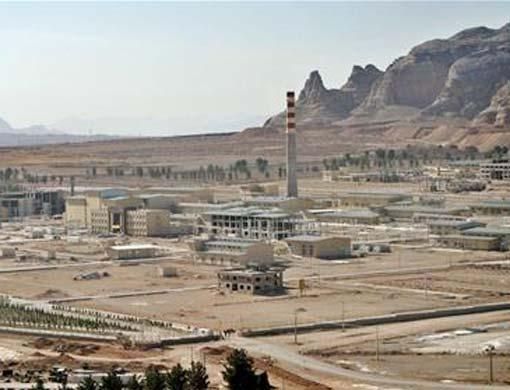Washington & Tehran: US contingency planning for military action against Iran's nuclear programme goes beyond limited strikes and would effectively unleash a war against the country, a former US intelligence analyst said on Friday.
"I've seen some of the planning ... You're not talking about a surgical strike," said Wayne White, who was a top Middle East analyst for the State Department's bureau of intelligence and research until March 2005.
"You're talking about a war against Iran" that likely would destabilise the Middle East for years, White told the Middle East Policy Council, a Washington think tank.
"We're not talking about just surgical strikes against an array of targets inside Iran. We're talking about clearing a path to the targets" by taking out much of the Iranian Air Force, Kilo submarines, anti-ship missiles that could target commerce or US warships in the Gulf, and maybe even Iran's ballistic missile capability, White said.
"I'm much more worried about the consequences of a US or Israeli attack against Iran's nuclear infrastructure," which would prompt vigorous Iranian retaliation, he said, than civil war in Iraq, which could be confined to that country.
President George W. Bush has stressed he is seeking a diplomatic solution to the dispute over Iran's nuclear programme.
But he has not taken the military option off the table and his recent rhetoric, plus tougher financial sanctions and actions against Iranian involvement in Iraq, has revived talk in Washington about a possible US attack on Iran.
Middle East expert Kenneth Katzman argued "Iran's ascendancy is not only manageable but reversible" if one understands the Islamic republic's many vulnerabilities.
Tehran's leaders have convinced many experts Iran is a great nation verging on "superpower" status, but the country is "very weak ... (and) meets almost no known criteria to be considered a great nation," said Katzman of the Library of Congress' Congressional Research Service.
The economy is mismanaged and "quite primitive," exporting almost nothing except oil, he said.
Also, Iran's oil production capacity is fast declining and in terms of conventional military power, "Iran is a virtual non-entity," Katzman added.
The administration, therefore, should not go out of its way to accommodate Iran because the country is in no position to hurt the United States, and at some point "it might be useful to call that bluff," he said.
But Katzman cautioned against early confrontation with Iran and said if there is a "grand bargain" that meets both countries' interests, that should be pursued.
But Democratic leaders in Congress warned the White House on Friday not to launch an attack against Iran without first seeking approval from lawmakers.
"The president does not have the authority to launch military action in Iran without first seeking congressional authorization," Senate Democratic leader Harry Reid told the National Press Club.
Reid's comments on Iran were the latest Democratic display of concern about possible military action in that country and Bush's power to launch it.
Meanwhile, Iran's top nuclear negotiator Ali Larijani said the nation's armed forces are ready to face any threat to its nuclear installations, local media reported on Saturday.
"The Islamic republic's armed forces are completely ready to confront any probable threats by the enemies," Larijani was quoted as saying Thursday after meeting top clerics in the religious center of Qom.
However, he downplayed the possibility of Iranian nuclear facilities being hit, insisting "Our enemies do not have such power."
"Our enemies have waged a psychological war in order to make us retreat from our nuclear positions," he said.













